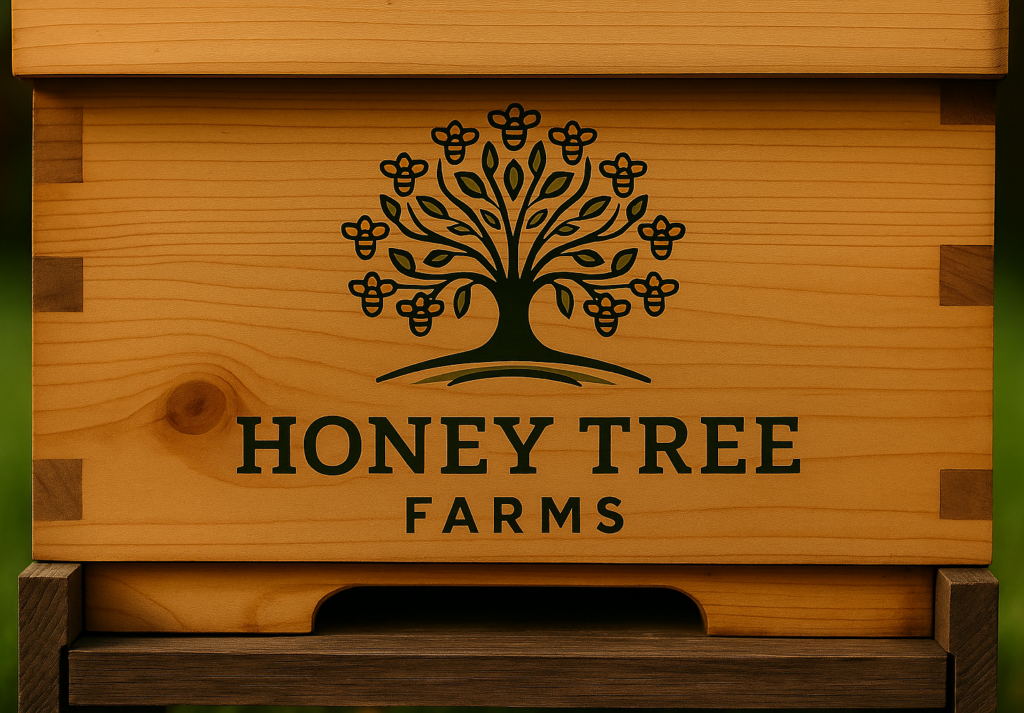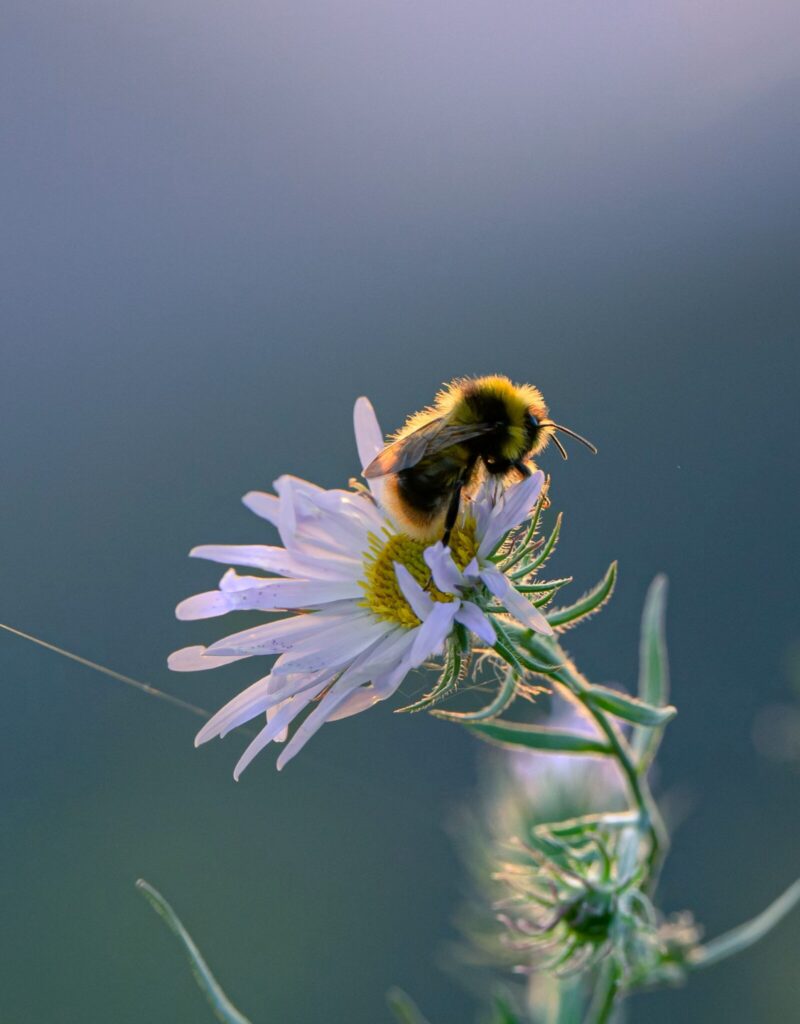Why It Matters
Protecting Pollinators & Powering Farms

Pollinator Loss Threatens Farm Yields
With pollinating 70% of UK crops, bees and other pollinators contribute an estimated £690 million annually to the UK crop economy. Without healthy pollinator populations, farms face lower yields for vital crops, leading to significant financial loss and supply chain disruption.

Beekeepers Face Heavy Hive Losses
Globally, beekeepers lose 20–30% of their hives each year due to swarming and disease. While these losses are significant, advances in technology offer real opportunities to reduce them. Combined with a 24% decline in pollinator populations, supporting hive health has never been more important.

Supporting DEFRA and ELM Sustainability Goals
Honey Tree Farms’ AI platform aims to reduce hive losses, boost crop yields, and strengthen biodiversity through pollen tracing — directly supporting DEFRA (Department for Environment Food and Rural Affairs) and ELM (Environmental Land Management) sustainability goals and helping farmers meet their environmental targets.

Biodiversity Collapse Undermines Resilient Farming
Pollinators are a keystone species. Their loss triggers a chain reaction of biodiversity collapse, weakening soil health, reducing crop diversity, and making farms more vulnerable to pests and climate stress. Protecting bees is protecting the entire agricultural ecosystem.

Loss of Rural Income and Traditions
Beekeeping has historically provided supplementary income for rural families and small farms. Without viable hives, these local enterprises vanish, damaging rural economies and eroding agricultural heritage. Honey Tree Farms’ platform not only protects bees — it helps sustain rural livelihoods.

Enhancing Food Security Through AI-Driven Pollination
With global food demand projected to rise by 50% by 2050, pollinators are critical to ensuring stable food supplies. Honey Tree Farms’ AI platform optimizes hive health and pollination efficiency, increasing crop yields and supporting resilient food systems. By safeguarding bees, we’re securing a future where nutritious, pollinator-dependent crops remain abundant and accessible.


